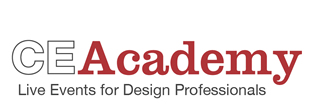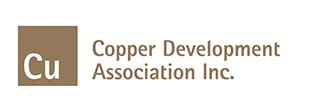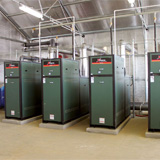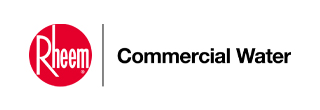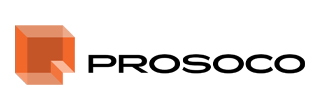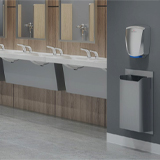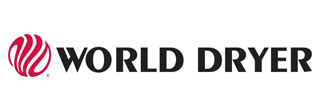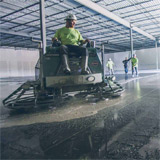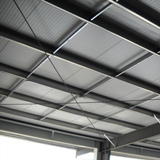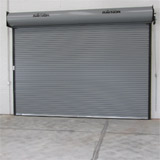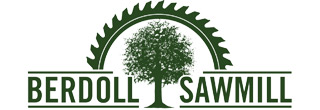JOIN US IN YOUR CITY • REGISTER BELOW • ATTENDANCE REPORTED ON A PER-PRESENTATION BASIS
New York, NY - Tuesday August 9, 2022

New York, NY
Event Date
Tuesday August 9, 2022
7:30 am - 5:30 pm
Available Credits
Up to 8 AIA HSW/LU CE Hour(s)
Up to 3 GBCI General Hour
Up to 1 RCEP PDH(s) for Engineers
Jay Suites Midtown East
515 Madison Avenue
New York, NY 10022
New York, NY 10022
Event Agenda
Tuesday, August 9, 2022
7:30 am
|
|
8:00 am
|
Sponsored By Copper Development Association 1 AIA HSW/LU CE Hour(s) 1 GBCI General Hour Learning Objectives:
|
9:10 am
|
Sponsored By Rheem Commercial Water 1 AIA HSW/LU CE Hour(s) 1 GBCI General Hour 1 RCEP PDH(s) for Engineers Learning Objectives:
|
10:20 am
|
Sponsored By PROSOCO 1 AIA HSW/LU CE Hour(s) Learning Objectives:
|
11:30 am
|
Sponsored By World Dryer 1 AIA HSW/LU CE Hour(s) 1 GBCI General Hour 1 IWBI WELL Specific Learning Objectives:
|
12:30 pm
|
|
1:00 pm
|
Sponsored By PROSOCO 1 AIA HSW/LU CE Hour(s) Learning Objectives:
|
2:10 pm
|
Sponsored By All Weather Insulated Panels 1 AIA HSW/LU CE Hour(s) 1 GBCI General Hour Learning Objectives:
|
3:20 pm
|
Sponsored By Raynor Garage Doors 1 AIA HSW/LU CE Hour(s) Learning Objectives:
|
4:30 pm
|
Sponsored By Berdoll Sawmill 1 AIA HSW/LU CE Hour(s) 1 GBCI General Hour Learning Objectives:
|
State CE Requirements
|
New York State Education Department: Office of the Professions (518) 474-3817 Renewal Cycle: Every 3 Years Total Hours Required: 36, 18 of which must be live interaction either in person or Detailed Hours Required: 24 HSW Renewal Deadline: Last day of the month preceding birth month |
